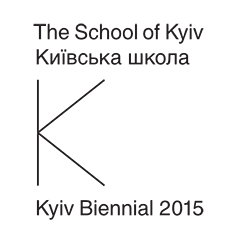Visual Laboratory by Anastasiya Shulgina
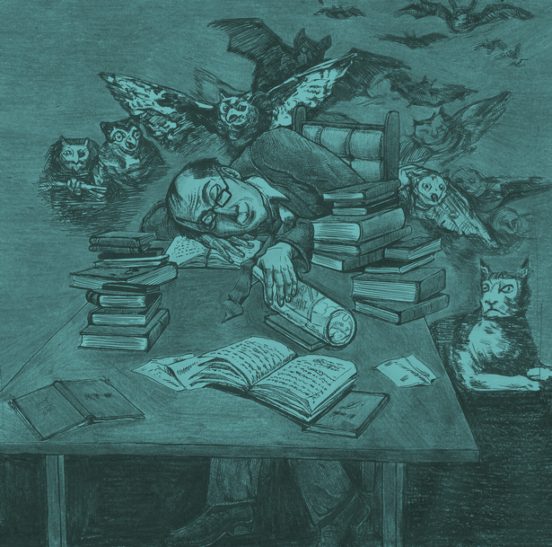
(c) Oksana Nesenenko, 2010
Thursday, 1 June 2017, 19:00
Deviant Figure on the Soviet Screen
Until recently, the marginal culture of USSR has not been the subject of historical and cultural research. The representation of social deviations in Soviet historiography was one-sided, as they were rather described in the context of irreversible “elimination of plague,” considered to be a relic, or a metastasis, of the capitalist past. Today, due to the availability of certain documents, as well as the westernization of research methods, the situation has considerably changed. Now the study of deviant behavior, particularly in film theory, gives the opportunity to recreate the specificity of everyday culture of the past era in more comprehensive ways.
As a deviation, alcoholism, with its typical everyday manifestations, has been transformed into an ambiguous and recognizable cinematic figure of a “boozer.” Anastasiya Shulgina will consider the ways and strategies of alcoholics depiction in the Soviet cinema, as well as the widespread myths around the image of alcoholism.
Anastasiya Shulgina is a film researcher, filmmaker, graphic designer, and Fellow Researcher at Maksym Rylskyi Institute of Art History, Folklore Studies, and Ethnology (National Academy of Sciences of Ukraine).
Visual Laboratory was founded at Visual Culture Research Center in 2010 as a platform for presenting and discussing research projects from various fields of humanities with a special focus on visual studies. Its format allows reviewing both, accomplished and ongoing projects by way of exposing the process of research, and engaging everyone interested into the production of common knowledge.
Admission is free
Supported by: ERSTE Stiftung and Charles Stewart Mott Foundation
Premiere screening of the film Enjoy by Valeriy Balayan
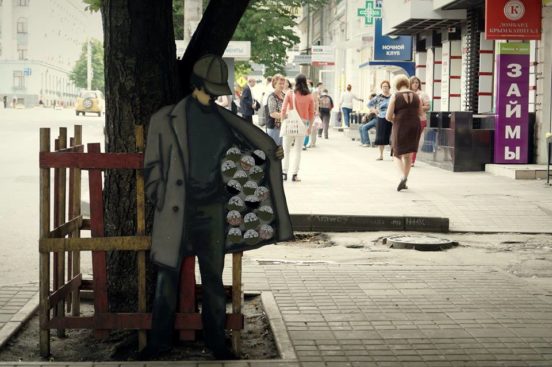
Tuesday, 30 May 2017, 19:00
Enjoy is a documentary film about street artist from Crimea. In his works Enjoy criticizes the authorities of the occupied Crimea and Russia and declares ideas that are removed from public discourse. The local authorities consider his installations and murals a crime.
The artist’s actual name is not revealed for his safety reason.
Enjoy, 20,’ 2016
Directed by Valeriy Balayan
Produced by Svitlana Zinovyeva
Music by Raggasapiens and OstupUZ
Production: Inspiration Films, supported by Ukraine State Film Agency within the frameworks of Contours project, 2016.
The discussion with the director and the protagonist will take place after the screening.
Admission is free
Supported by: ERSTE Stiftung and Charles Stewart Mott Foundation
Poetry reading by Anna Halberstadt
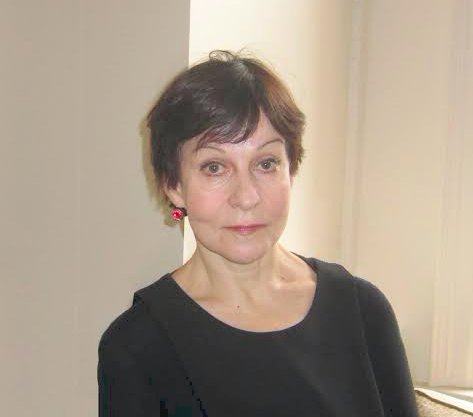
Monday, 22 May 2017, 19:00
Anna Halberstadt is a poet and translator. She has lived in New York since 1980, but was raised in Vilnius and moved to Moscow at the age of 18 to study psychology at Moscow State University.
The main issues she raises in her poetry are Soviet past, remembrance and forgetfulness, trauma of immigration, growing up as a child of Holocaust survivors, living in three countries (Lithuania, Russia, U. S.). She mostly writes in English, sometimes in Russian, translates from Lithuanian to English.
Halberstadt is a member of American PEN Centre, author of such poetry collections as Vilnius Diary and Transit. In 2016 she received Merit Award in Poetry from Atlanta Review.
At the event she will read her poetry in English. You will also hear Ukrainian translations of her works made by Tetyana Rodionova.
Admission is free
Organizer: VERBation translator’s group
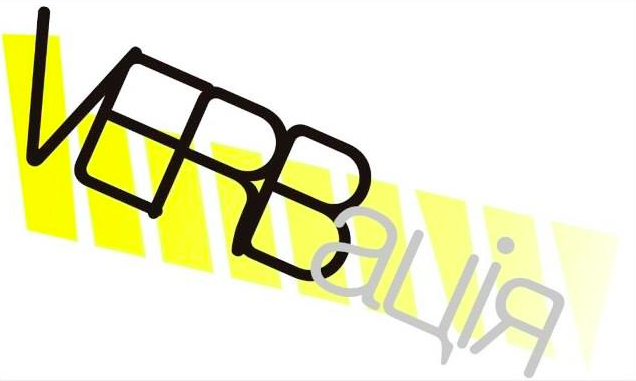
Partner: Visual Culture Research Center
Supported by: Foundation for Contemporary Arts (New York, USA), Litcentr, ERSTE Stiftung and Charles Stewart Mott Foundation
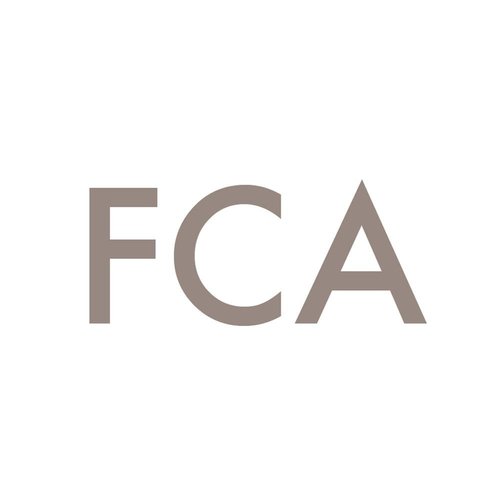
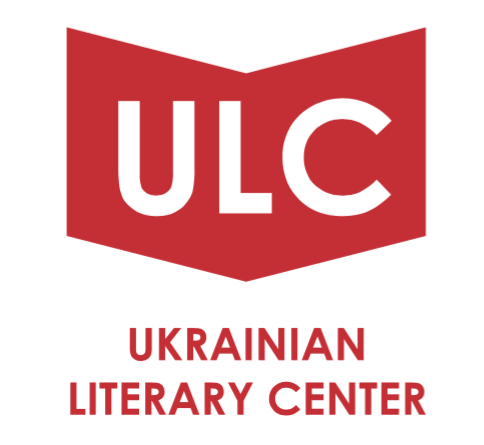
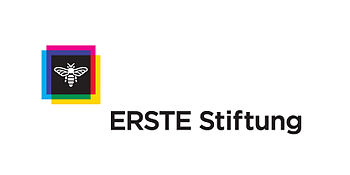
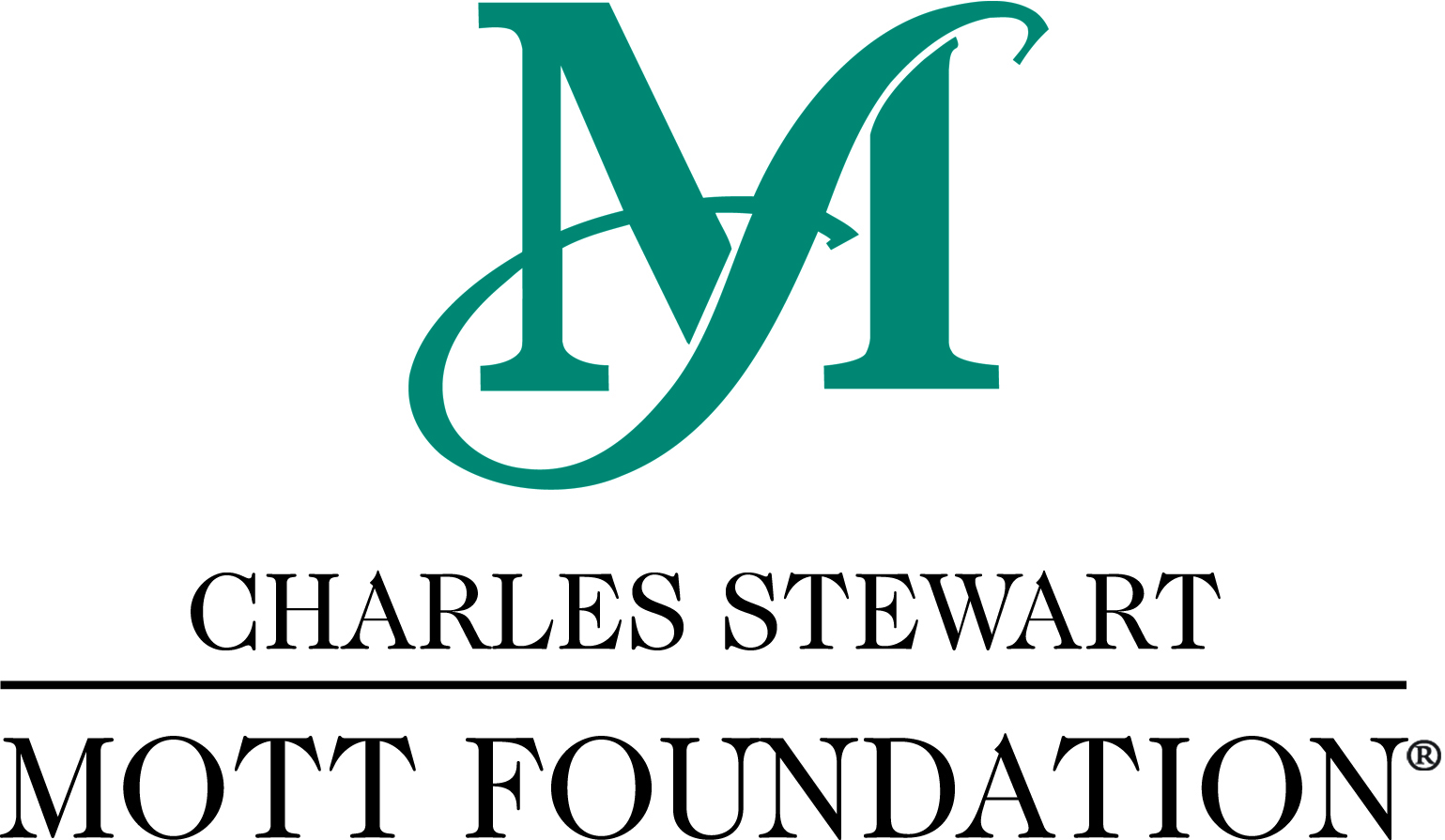
Poetry reading by Eileen Myles and presentation of her collection Selected Selected
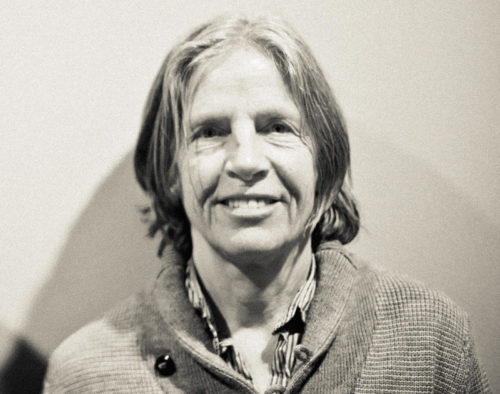
Sunday, 21 May 2017, 19:00
Selected Selected is a short version of Eileen Myles’s book New & Selected Poems published in USA in 2015. Russian translation was done by the poet and translator Anna Halberstadt, who will be also present at the event.
Eileen Myles is a poet, novelist, performer, art journalist and LGBT activist. She is the author of nineteen books including I Must Be Living Twice: New & Selected Poems and a re-issue of Chelsea Girls in 2015.
Eileen Myles is the recipient of a Guggenheim Fellowship in non-fiction, and Andy Warhol/Creative Capital art writers’ grant, four Lambda Book Awards, the Shelley Prize from the PSA. In 2016 she received a Creative Capital grant and the Clark Prize for excellence in art writing. She lives in Marfa, TX and New York.
Eileen Myles will read her poetry in Kyiv for the first time.
Admission is free
Organizer: VERBation translator’s group

Partner: Visual Culture Research Center
Supported by: Foundation for Contemporary Arts (New York, USA), Litcentr, ERSTE Stiftung and Charles Stewart Mott Foundation




Exhibition TEXTUS. Embroidery, textile, feminism
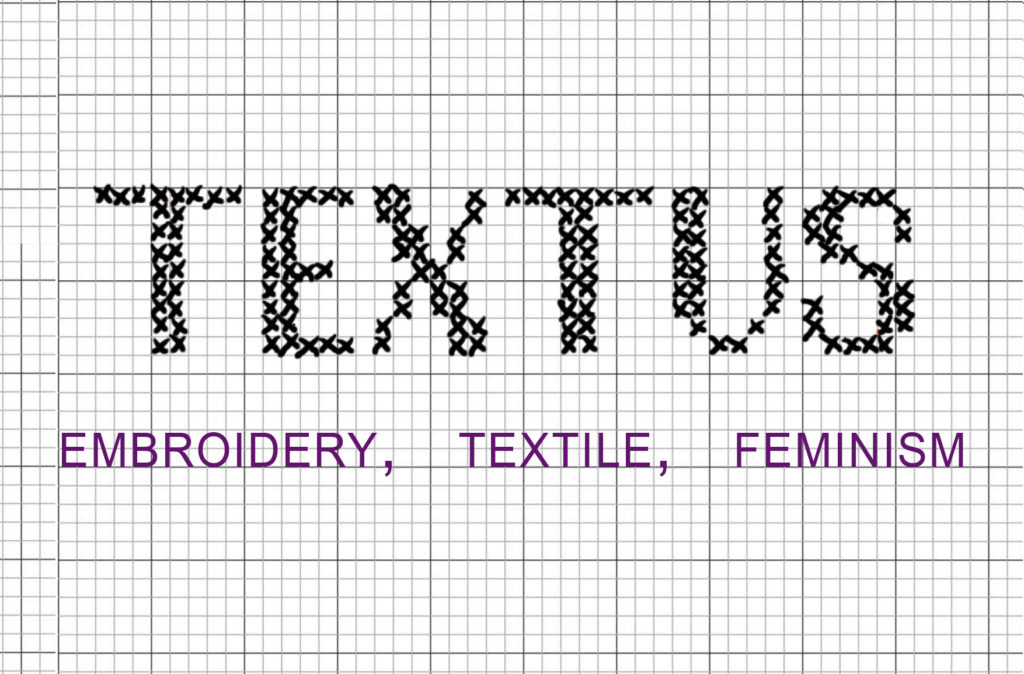
March 8 – April 9, 2017
Opening on Wednesday, March 8, at 18:00
The words “textile” and “text” come from the Latin word textus, meaning “fabric,” “connection,” and “interwoven.” Our culture evolved in such a way that it was mostly men who interwove words to create texts, as words and language became carriers of power and law. The interweaving of threads was reduced to “women’s” work, an unexceptional craft compared with the intellectual “weaving of words.” Its function – to decorate, provide warmth and comfort, was synonymous with the role assigned to women in traditional cultures. Despite the technical complexity and visual richness of some textile and embroidery techniques, because of the word “feminine” these works were not considered on par with painting.
This attitude towards “female” techniques is consonant with the attitude towards women’s labor in general. Women earn less than men, and housework and caring for children, which in most cases falls on the shoulders of women, is unpaid and often goes unnoticed and unappreciated.
Embroidery and textile are becoming increasingly popular mediums in contemporary art world. But in conservative societies, embroidery and textile are still seen as having decorative functions and are presented as women’s hobbies where you copy ready patterns, thus having a somewhat discriminatory connotation.
That is why “female” techniques became important representations of feminist art. The exhibition TEXTUS. Embroidery, Textile, Feminism demonstrates how these techniques, by becoming mediums for reflection and critical expression, are undermining the hierarchy of artistic practices.
The exhibit explores this layer of art through the work of contemporary Ukrainian women artists. Presented through embroidery and textile, viewers are offered to read it as a narrative, returning to the original meaning of the word textus.
The works presented in this exhibit and the accompanying lectures and discussions will focus on women’s rights in Ukraine and the post-Soviet space, the issues of women’s labor, and identity in art and society.
Curator: Oksana Briukhovetska
Participants: Oksana Briukhovetska, Kseniya Gnylytska, Alina Kleytman, Alina Kopytsya, Tetiana Kornieyeva, Iryna Kudrya, Valentyna Petrova, Anna Shcherbyna, Sewing cooperative “Shvemy,” Anna Sorokovaya, Iryna Stasyuk, Olesya Trofimenko, Sofia Vremennaya, Anna Zvyagintseva
Admission is free
Opening hours: Tue–Sun, 12:00–20:00. Monday – closed.
Organizer: Центр візуальної культури
Supported by: ERSTE Stiftung and Charles Stewart Mott Foundation
Jakob Preuss: Film screening and discussion with the director
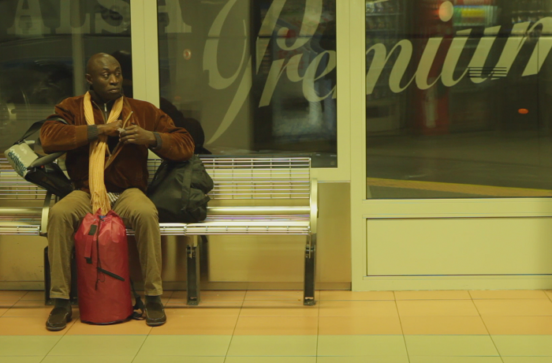
Thursday, 30 March 2017, 19:00
Screening of the film
When Paul Came Over the Sea – Journal of an Encounter
Paul has made his way from his home in Cameroon across the Sahara to the Moroccan coast, where he now lives in a forest waiting for the right moment to cross the Mediterranean. This is where he meets Jakob, a filmmaker from Berlin, who is filming along Europe’s borders. Soon afterwards, Paul manages to cross over to Spain on a rubber boat. He survives – but half of his companions die on this tragic 50-hour odyssey. Held for two months in a deportation centre, upon his release Paul meets Jakob again at a shelter for migrants in Southern Spain. When Paul decides to continue on to Germany, Jakob has to make a choice: will he become an active part of Paul’s pursuit of a better life, or remain a detached documentary filmmaker?
CREW
Director: Jakob Preuss
Producer: Jakob D. Weydemann, Jonas Weydemann
Camera man: Juan Sarmiento G.
Editor: Franzisca von Berlepsch, Karoline Vielemeyer
Sound: Jakob Preuss, Julian Cropp, Stephan Franz
Jakob Preuss, born 1975 in Berlin, is a documentary filmmaker. His films, shot in Iran, Bosnia, and Ukraine, have been shown in over ten countries and screened at numerous festivals. His first film The Other Chelsea won the First Steps Award and the Grimme Award in Germany. In addition to his activities as a filmmaker, Jakob Preuss is also engaged in political work. In 2014 Jakob co-founded the initiative Geht Auch Anders, whereby artists engage with political issues and take a stance. Since 2014, he has been regularly invited to speak as a expert on migration, a direct result of the four years of research he conducted for When Paul Came Over the Sea. Preuss holds a law degree from the Sorbonne in Paris and a Masters’ degree from the College of Europe, Natolin.
Admission is free
Supported by: ERSTE Stiftung and Charles Stewart Mott Foundation
Experimental music concert Noise Isolation
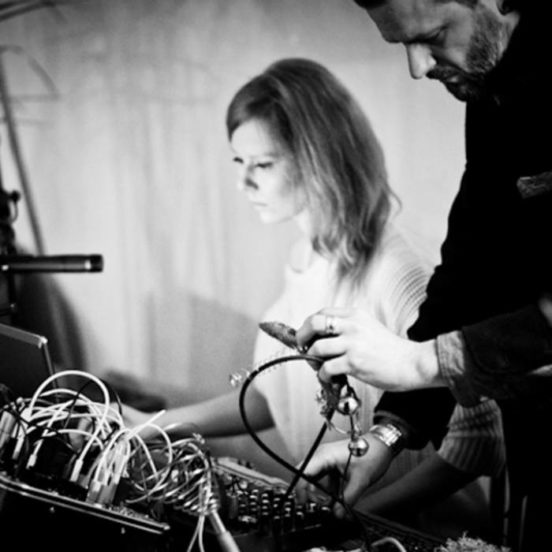
Saturday, 1 April 2017, 19:00
Visual Culture Research Center and Political Critique invite you to the concert from Freak Friendly DIY label.
Participants: Jelena Glazova (Riga, Latvia), Ujif_notfound (Kyiv), XAH (Donetsk), and Bobryk (Kyiv).
Jelena Glazova is a sound artist/visual artist and poet based in Riga, Latvia. She works in the interdisciplinary areas of contemporary art, combining in her works image, poetic text, experimental sound and installation. Her experimental music activity field is noise/drone, usually constructed from processed vocals. She started her career as a musician in 2012 and has since collaborated with such music experimentalists as Derek Holzer, Alexei Borisov, Ernesto Estrella, and others.
Ujif_notfound is a stage name of Kyiv media artist Heorhiy Potopalskyi. His main activity is the creation of multimedia systems based on the algorithm of the kinetic relationship between man and the program. His live performances are based on the generation of audio and visual streams in real time. By controlling the pre-written programs (patches) Ujif_notfound, with each new startup, creates an unique audiovisual space, which can only exist during the performance and is impossible to be recreated.
XAH and Bobryk are young Ukrainian projects. XAH is a harsh noise emanation of SCHPERRUNG band members from Donetsk. Bobryk is a project of Freak Friendly DIY label boss Valentyn Nusimov.
Freak Friendly DIY is an independent label of experimental music founded in 2009. Since that time the label has produced over 40 releases, organized dozens of concerts with participation of international artists.
Admission is free
Organizers: Freak Friendly DIY, Visual Culture Research Center.
Supported by: ERSTE Stiftung та Charles Stewart Mott Foundation
Film screening. GIRL POWER
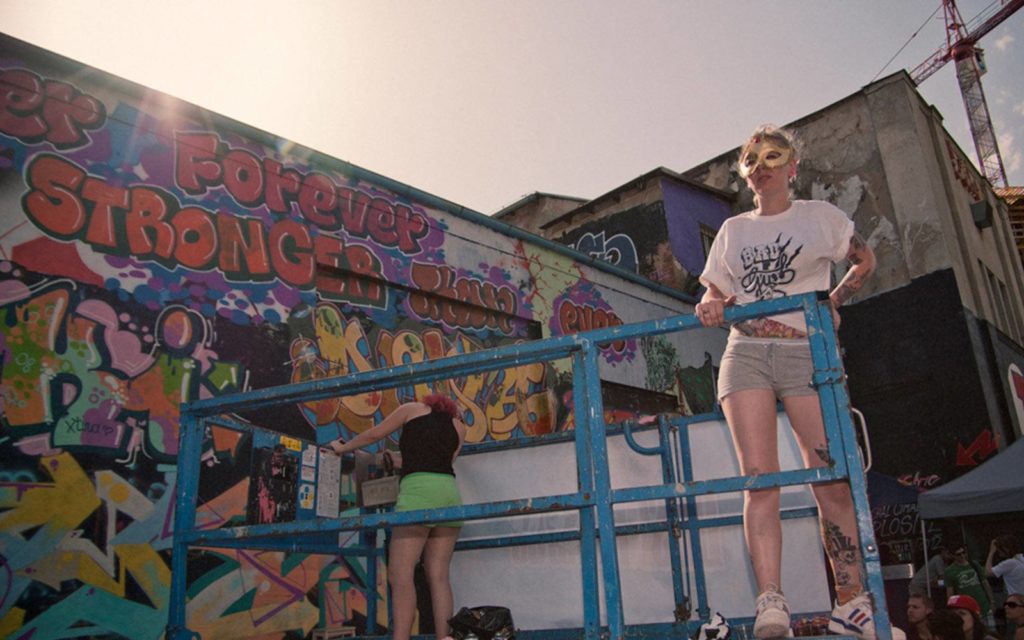
Friday, 17 March 2017, 19:00
GIRL POWER is a documentary that presents female graffiti writers from fifteen cities – from Prague to Moscow, Cape Town, Sydney, Biel, Madrid, Berlin, Toulouse, Barcelona, and all the way to New York. The graffiti community is predominantly a man’s world, and men often share the view that graffiti – namely the illegal kind – is not for girls. And yet women have become increasingly more emancipated in recent years; there are female graffiti shows, magazines, and websites. Girl Power captures the stories of ladies who have succeeded in the male graffiti world.
Trailer
Girl Power, Czech Republic, 2016, 90’
Punk Film
Directors: Sany, Jan Zajíček
Awards:
Filmový festival Finále Plzeň (2016)
The film will be shown in the original language with Ukrainian subtitles.
About directors:
Sany studied Marketing Communication. She actively participates in organizing cultural events in Prague and abroad. She has produced several big festivals. She is one of the few active graffiti writers in the Czech Republic. She has devoted herself to graffiti for 14 years.
Movie director, animator, and editor Jan Zajíček studied Animation and Direction at the Film and TV School at the Academy of Performing Arts in Prague. He has composed the music for several movies, edited documentary films and feature film trailers. He has created a broad range of animated and live action TV spots and jingles. He was one of the pioneers of the Czech graffiti scene at the beginning of the 1990s.
Admission is free
Organizer: International Festival of Film and Urbanism “86”
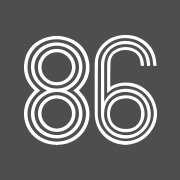
Partner: Visual Culture Research Center
Supported by: ERSTE Stiftung та Charles Stewart Mott Foundation
Presentation series and discussion Female Handwork
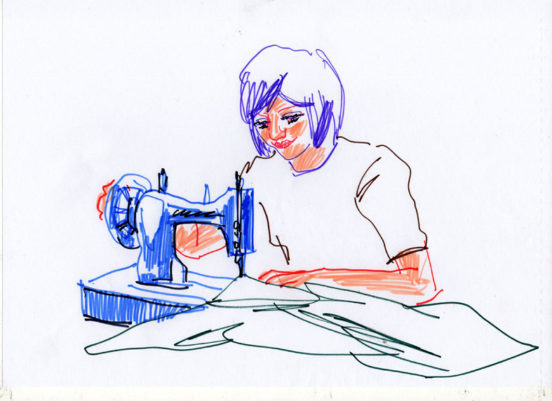
Saturday, 18 March 2017, 16:00
Female Handwork is a series of short lectures, in which the speakers will present sociological and historical aspects of female labour in mass textile production, as well as in creative individual work.
Sociologist Oksana Dutchak will present her research “Brand Clothes Made in Ukraine: Pay and Labour Conditions for Female Clothing Factories Workers.”
Historian Olha Martynyuk will talk about the tragedy at “Chernihiv Wool” enterprise and how its workers were assigned a liquidator status, in her contribution “1986 Radioactive Wool Sorters.”
Curator and gender researcher from Minsk Iryna Solomatina will tell the story of the recently unknown Belorussian folk artist with an unusual talent and biography: “‘Dyvany-Malyavanki’ by a Belorussian Artist Alyona Kish (1896(?)–1949): Between the Oblivion and Recognition.”
An artist Anna Sorokovaya in her presentation “Military Handicraft” will share the stories about different forms of textile handwork during the World War I and II, as well as in the present time.
The event will take place within the framework of the exhibition TEXTUS. Embroidery, Textile, Feminism.
Admission is free
Organizer: Visual Culture Research Center
Supported by: ERSTE Stiftung and Charles Stewart Mott Foundation
Artist talk by Uta Kilter
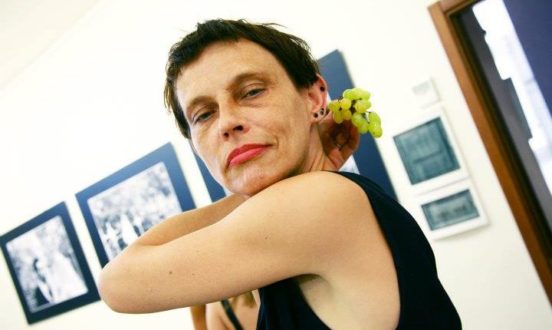
Monday, 20 March 2017, 19:00
The 1990s in “Uta Situation”
An artist, performer, researcher, and art critic, Uta Kilter has been making the “Uta Situation” TV show about contemporary art for 25 years. The weekly show included reviews of the exhibitions, taking place in Kyiv, Lviv, and most of all, in Odessa during the two decades. At the meeting Uta Kilter will present her video archive, tell about her experience in creating authorial TV show, share memories and thoughts about Ukrainian artistic process in the 1990s.
“These are the businessmen for whom the 90s were ‘stormy’, but for us, artists, they were ‘brave’. These were the glorious years! Yes! We used to work to the point of exhaustion, without sleep, without money: everything, that was made, was made in the flush of enthusiasm! We traveled a lot, brought information and shared it. It was a passage/method from Europe to Ukraine, not the other way round.”
Uta Kilter is an artist, actor, curator, art critic, journalist, and researcher. She was born in Kyiv. She studied in Kyiv Choreographic College. She is a graduate of the department of philosophy at Kyiv National Taras Shevchenko University. Since the beginning of 1990s she has been creating the “Uta Situation” TV show. She lives and works in Odessa.
Admission is free
Supported by: ERSTE Stiftung та Charles Stewart Mott Foundation

